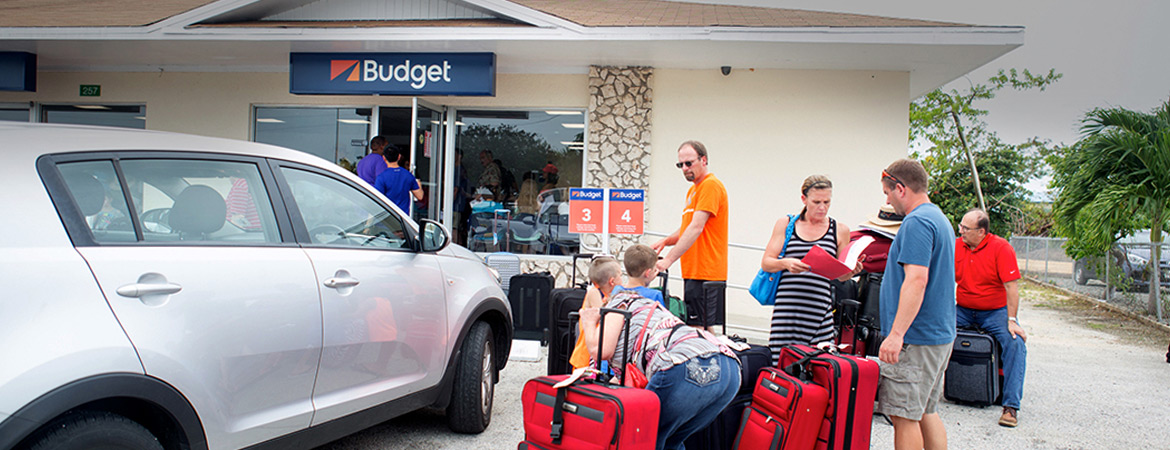Travel season is fast approaching, and if you’re renting a car, you’ll likely be presented with a loss damage waiver (LDW) to protect you in the event of an accident. It can be puzzling to know whether this coverage is necessary, especially if you already have great auto insurance. Not to mention, it tacks on a sizeable fee to your daily rental rate. Here’s how to determine whether that LDW is worth it:
Review the terms of your auto insurance policy
Before you set out on your trip, give your auto insurance agent a call to assess your coverage. Your personal insurance policy must include collision coverage (which covers damage to your own car from an accident) and/or comprehensive coverage (which covers damage incurred by something other than a collision, like flood, fire, theft, etc.). Your policy should include specific mention of whether it:
- Extends coverage to rental cars – typically, coverage is the same whether you’re driving your personal vehicle or a rental.
- Includes coverage for business travel – check with your employer. If their insurance covers rentals, you may be in the clear to skip the rental company’s loss damage waiver.
- Pays for rental-agency fees – you may still be on the hook for various fees and the diminished value of the car.
- Pays the rental car’s full value in the event it is totaled – this can be covered by a gap policy, which will replace the totaled car with a new one.
Pay with your credit card
Many of the largest credit card brands offer car rental protection as an added benefit of using their card to pay for the rental. Coverage is secondary, which means it kicks in to cover what your personal auto policy does not, but even then, there are some limits. Read through your cardholder agreement or review it with a customer service representative to understand its limitations.
Don’t just sign on the dotted line
Despite doing your homework ahead of time, you’ll still have to make a game day decision once you get to the rental desk. It’s important to scrutinize the rental car agreement, particularly the sections that outline your level of liability exposure. If you’re in a state that limits that liability, you should feel good about skipping the rental company’s loss damage waiver. But if the language is vague or mentions liability for “all” loss or damage, you might be better off spending the extra dollars to ensure you’re protected.

